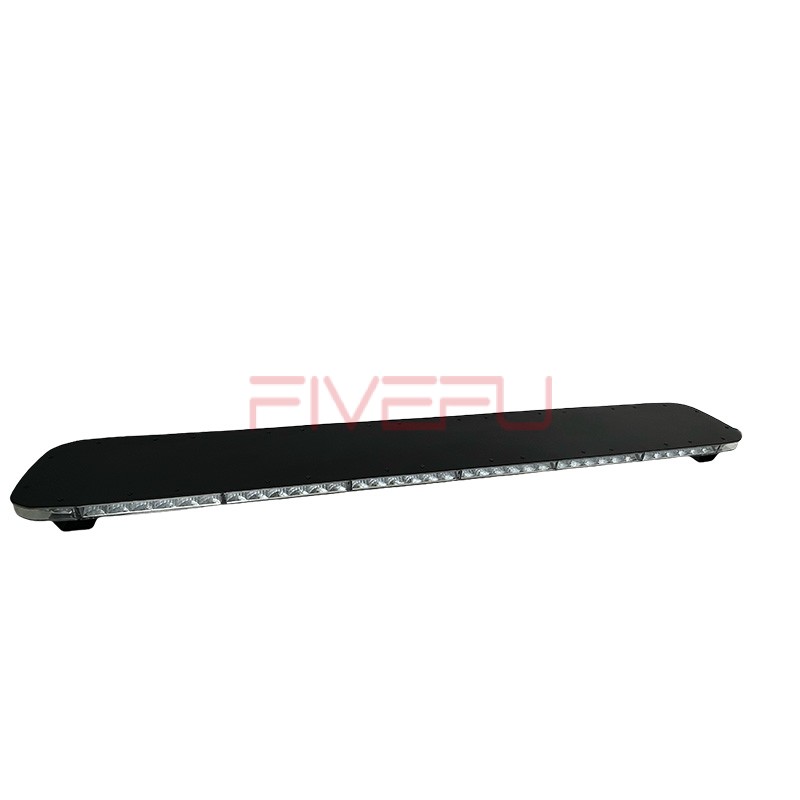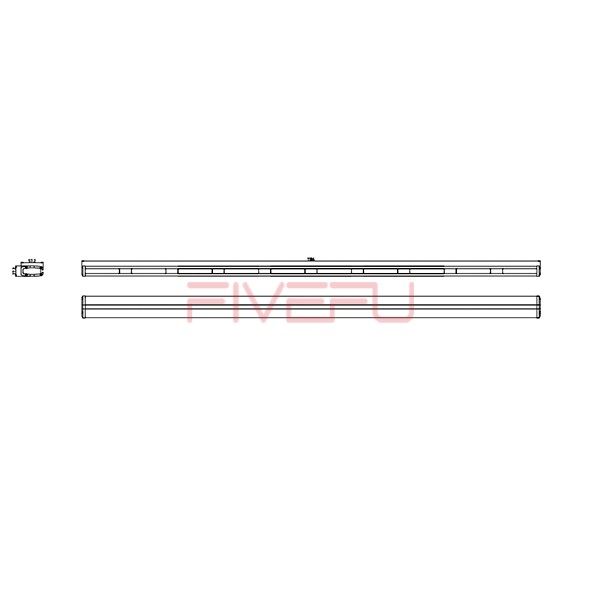Incorrectly installing LED lights with reversed polarity can prevent them from working. Unlike traditional bulbs, LEDs require a specific electrical flow direction. Understanding polarity ensures successful installation and avoids damage.
Yes, polarity matters for LED lights. Reversing the positive and negative connections can prevent operation. Double-check wiring to ensure correct polarity.
Before installing LED lights, verifying the positive and negative terminals is crucial to prevent functionality issues.
1. Understanding LED Polarity
LEDs operate on direct current (DC) and require correct polarity alignment for electricity to flow properly.
2. Identifying Positive and Negative Terminals
Most LED bulbs have marked terminals (+/-). Checking these markings before installation ensures correct connections.
3. Fixing Polarity Reversal Issues
If an LED does not turn on, simply reversing the wiring connections should resolve the issue.
4. Using Polarity-Free LEDs
Some modern LED bulbs are designed with built-in rectifiers, allowing them to work regardless of polarity.
5. Ensuring Proper Testing
Before securing installations, test LEDs to confirm they function correctly with the wiring setup.
Conclusion
Polarity is crucial for LED lights. Ensure correct connections or use polarity-free LEDs for hassle-free installation.









